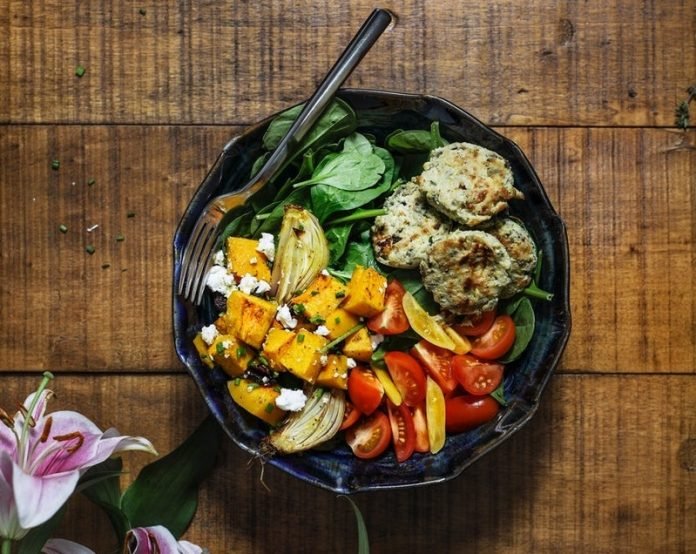
In a recent study, researchers found that two of the most popular diets may help reduce cancer risk or prevent recurrence of cancer.
The two diets are alkaline and macrobiotic diets. They are in line with the dietary guidelines from the American Cancer Society and World Cancer Research.
The research was conducted by a team from Michigan Medicine.
It is known that eating a healthy diet can help prolong life for cancer patients and cancer survivors.
However, there are many popular diets and it was unclear which one could help prevent cancer most effectively.
In the current study, the team conducted a survey to see what cancer patients, or those at increased risk of cancer, eat in daily life.
They found five popular diets were most eaten, including the alkaline, Paleolithic, ketogenic, vegan/vegetarian and macrobiotic diets.
All five diets had benefits and failings:
In the alkaline diet, the philosophy is that cancer is caused by having an acidic environment in the body.
This is because the Western diet contains too many refined carbohydrates and animal fats, which are acid-rich foods.
In this diet, people eat more fruits and vegetables and limits red meat, sugar and white flour/rice. This may help produce more alkaline ions after digestion.
The extra alkalinity can cut the acid load and helps reduce the strain on acid-detox systems.
The team suggests that although there is very limited data that the acid nature of your body causes cancer, eating more fruit, vegetables and whole grains, and limiting red meat and simple carbohydrates are definitely good for health.
In fact, people who eat this diet are following the American Cancer Society and WCRF/AICR guidelines.
In the Paleolithic diet, users try to replicate the dietary pattern of Stone Age humans.
The diet focuses on fruits, vegetables, nuts, meat, and eggs while excluding grains, legumes, dairy products, and processed foods.
The philosophy is that chronic diseases such as cancer arise from the consumption of foods available only after the agricultural revolution.
So it is possible that humans are not genetically equipped to digest these foods.
However, the team suggests that this diet tends to have people eat too much red meat, which may increase cancer risk and heart disease risk.
In the ketogenic diet, people have a high-fat, low-carb meal plan, with 65% of calories coming from fat.
The diet helps shift the energy source of cancer cells away from glucose to ketones.
The team suggests that the research is mixed on this, and it is still not clear if this strategy can help reduce cancer risk.
One big disadvantage of the diet is that it is hard to follow long term, and users often fail to reach the proper level of ketones.
It also leads to nutrient deficiency, because the meals are high in saturated fat and low in fiber. The diet also includes processed foods.
In the vegan diet, people don’t eat any animal products, such as meat, fish, eggs, dairy, and honey.
It focuses on including berries, greens, whole grains, nuts, and seeds.
One problem with this diet is that it can include many highly processed and sugar-filled vegan and vegetarian foods.
Added sugar and highly processed food are bad to health and may lead to health problems.
In addition, vegans often are low in calcium and vitamin B12 compared with omnivorous diets.
In the macrobiotic diet, the philosophy is that imbalance in the body can cause illness such as cancer.
The Eastern diet is predominantly vegetarian and emphasizes unprocessed, organic, whole foods.
It contains cereal grains, like rice and millet, and vegetables and legumes. The diet is high in fiber and free of red or processed meat.
Research has shown that this diet, compare with other diets, has a lower percentage of energy from fat, higher total dietary fiber, and higher amounts of most micronutrients.
It meets most of the dietary ACS and AICR guidelines.
The researchers suggest that there are more than one dietary patterns that can actually meet the ACS and AICR guidelines.
People with a high cancer risk or those survive cancer can keep their diet flexible.
The lead author of the study is Suzanna Zick, N.D., MPH, a research associate professor of family medicine and nutritional sciences at the University of Michigan.
The study is published in the journal Oncology.
Copyright © 2019 Knowridge Science Report. All rights reserved.



